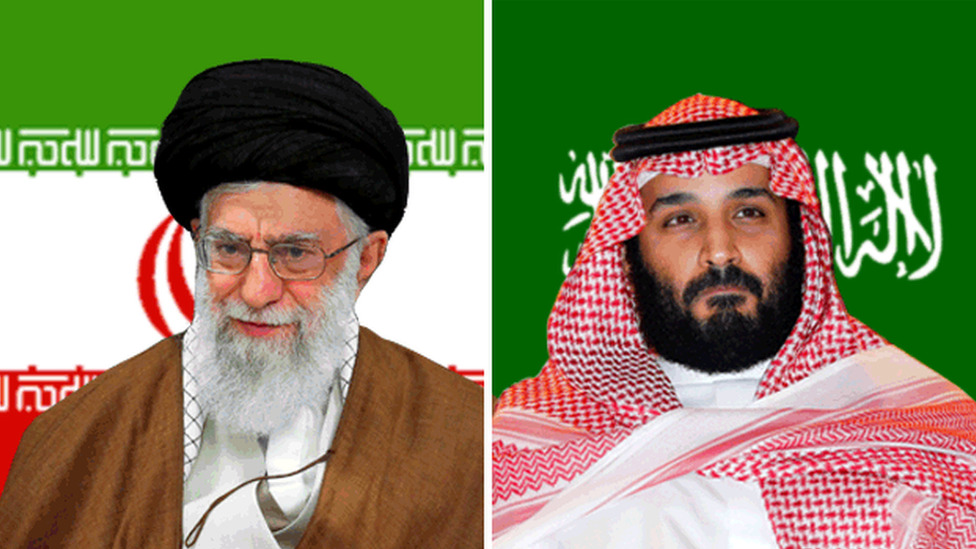The current situation in the Middle East is providing the best scenario for the Iranian regime to play its geopolitical games to the fullest. The situation in Israel, the subtle moving out of the USA from the region and the increasing political capital of UAE seems to have provided a reason for Iran to create a wedge in the Arab world. And as part of its efforts, Tehran is ready to send its envoy to Saudi Arabia tomorrow, Iran’s Foreign Minister Javad Zarif stated during a speech at the Antalya Diplomacy Forum. He noted, however, that in order to do so, Iran requires a green light from Riyadh itself. Now as UAE indirectly becomes a major influence in the regional affairs, in the region which has been Saudi Arabia’s zone of influence, these actions and signals by Iran express an intent to drive a wedge.
Zarif stated that Tehran had held three rounds of discussions with the Saudis in Baghdad and that the ambassador was ready to be dispatched. Nonetheless, the minister stated that everyone is awaiting the results of Iran’s presidential election. In the latest election, Ebrahim Raisi, Iran’s chief justice, who is seen as an anti-Western hardliner, won with confidence. After eight years in power, he will succeed Hassan Rouhani, a moderate. While it is uncertain how Tehran’s approach toward Riyadh will change under the next administration, Zarif emphasised that Iran’s “reconciliation” foreign policy with regional nations will continue.
The Abraham Accord between Israel and the United Arab Emirates (UAE) is opening up a new era in the Middle East. It is going to revolutionise energy trade in the region by reinvigorating the Trans-Israel pipeline which will assure smooth trade of Gulf oil into the Mediterranean and further North into European markets. The Trans-Israel pipeline connects Eilat, located on the Gulf of Aqaba at the northern tip of the Red Sea to Ashkelon, an Israeli port city on the Eastern Mediterranean coast. The 254 km-long pipeline passes through the Negev Desert region and effectively bypasses the Suez Canal.
If anything, this increased collaboration between UAE and Israel tells us how influential UAE has become in shaping the regional affairs in the Middle East, and as the US support towards Saudi Arabia shifts away for a more progressive UAE-Israel combine, Riyad might find it lucrative to cut a deal with Iran and use it as a tool to arm-twist the Biden administration to not look away from Saudi’s concerns.
Read more: Israel and UAE’s grand plan to bypass the Suez Canal and revolutionise oil trade with Europe
In 2016, relations between Saudi Arabia and Iran were severely strained, and both countries severed contact. Sheikh Nimr al-Nimr, a renowned Shia preacher in Saudi Arabia, was arrested and executed for allegedly attempting to illegally tamper in Riyadh’s domestic affairs. A mob of outraged Iranians attacked the Saudi Embassy in Tehran after his death, setting it on fire with Molotov cocktails. Riyadh chastised Iran’s officials for their alleged negligence in the face of the danger to the Saudi diplomatic mission, recalling all of its diplomats and closing the embassy. Iran replied in kind at the moment.
However, now the situation has changed a lot and interests align, it is possible that the Iranian regime might succeed in reaching a consensus with Saudi Arabia. However, it might not succeed in creating a wide enough wedge within the Arab countries for a really long time.
